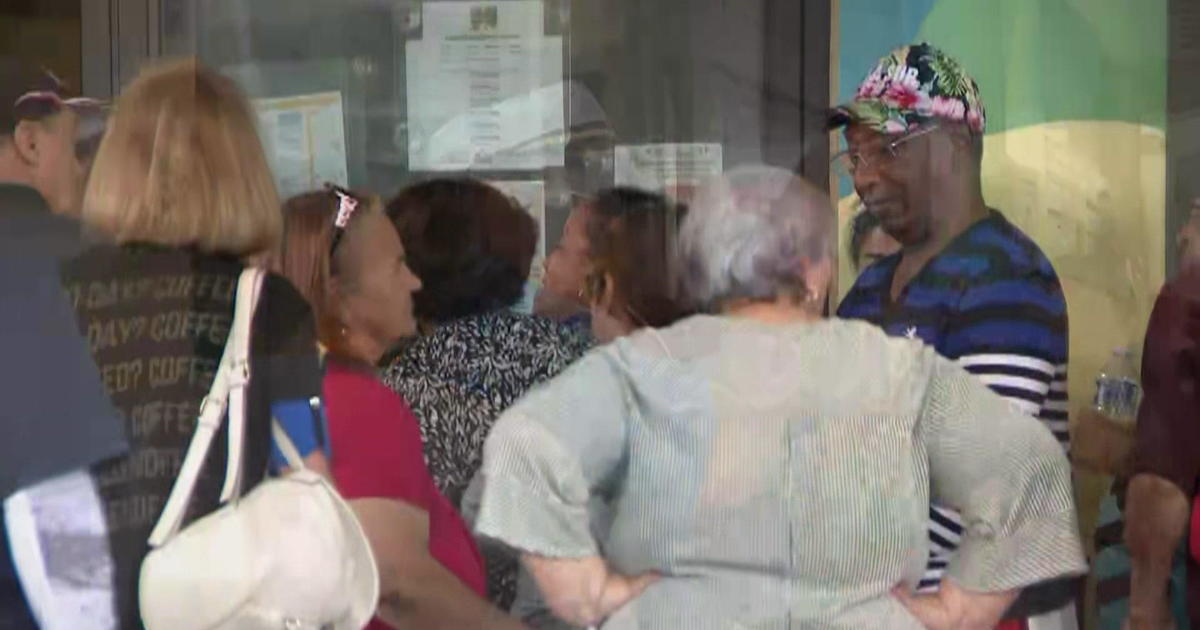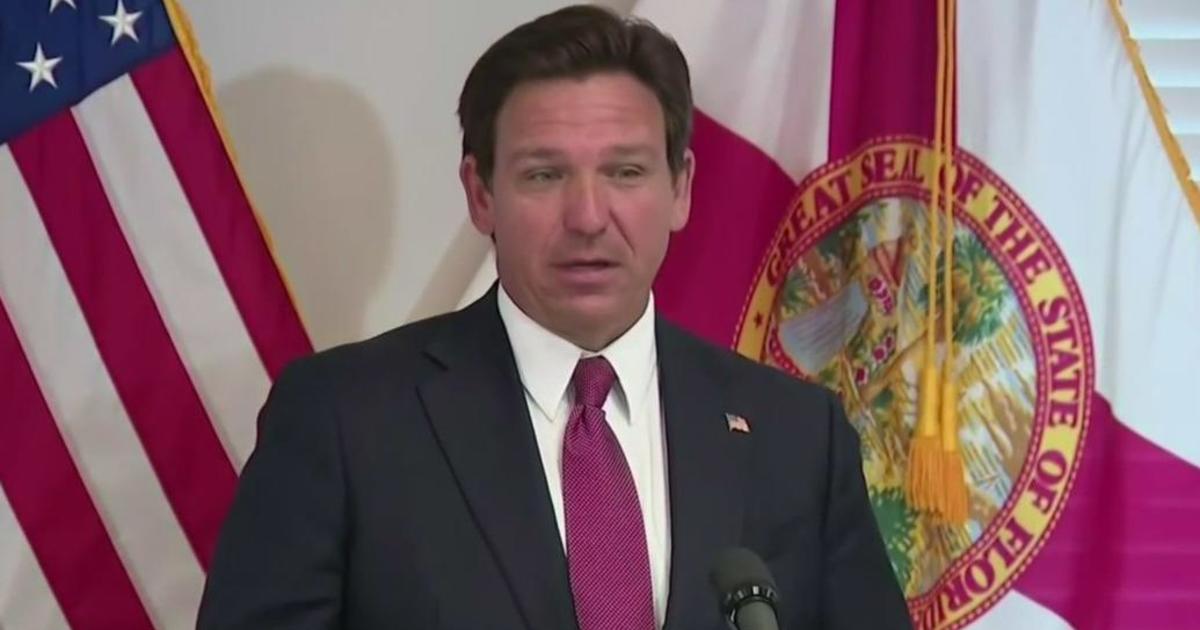State Rep. Daniel Perez Explains Why Legislature Failed To Pass Condo Safety Reforms
SURFSIDE (CBSMiami) – Following the Surfside tragedy and the deaths of 98 people, it became clear there needed to be significant changes to state law to improve inspections and make sure critical repairs were done.
However, the Florida Legislature wrapped up its 60-day session last week unable to pass the needed reforms.
CBS4's Jim DeFede spoke to the sponsor of reform bill, State Rep. Danny Perez, about why his efforts failed.
DeFede: Why wasn't the Legislature able to get anything done to avoid tragedies like Surfside in the future?
Perez: Jim, that was the number one priority for me, personally, when I landed in Tallahassee this session was to make sure that I can come back and have actual change in the condominium world, in the condominium association world. And unfortunately, in Tallahassee, we fell short… Quite frankly, I was not going to window dress up bill just to say that I checked off a box and passed a Surfside package. I went up there with the responsibility that my constituents gave me to make real change. The version that we passed off the House was real change and I stood by that version. Was I willing to negotiate? Absolutely. But I'm not willing to throw everything out the window that would have made us the closest to certainty that we would have ever been to make sure that what happened at Surfside would never happen again. I unfortunately, cannot speak confidently that the Senate version was going to get us any closer to alleviate the problems that we had with condominiums and condominium associations. The House version did.
DeFede: So why do you believe the Senate was unwilling to do and take the steps that were necessary to protect public lives?
Perez: That's a question, Jim, that you're going to have to ask the Senate. I'm a member of the Florida House of Representatives.
DeFede: But you were in those negotiations with them. What was the reason why either Sen. Bradley or others were unwilling to move to your position in the House bill?
Perez: You would have to ask Sen. Bradley. But I know one of the many reasons that that were told to me is the burden that it could place on the condominium owners to have to fund the reserves within the next three years. But quite frankly, I don't mean this in a disrespectful way, I don't think that's a valid reason to shy away from the House version. You have one of two options. You have the first option, which is living in fear because the structural integrity of your building is not kept up to par by your association because they've been waiving reserves. Or you have the ability to fund the reserves and the structural integrity of your condominium so you can sleep well at night when you're put your head on your pillow, knowing that the structural integrity is there and the funds are there going into the future for the maintenance of the condominium. Those really were the only two options, and I stuck with the latter, which was the more aggressive type. And I don't regret that decision one bit, Jim.
DeFede: Why wasn't this addressed in the first month of session, the first three or four weeks of session? Why did it drag out until the final 48 hours of session? Because you and I both know the way the process works. Anything in that last week has a good chance of just sort of dying. Why couldn't it be taken up earlier?
Perez: Jim, this was not decided in the last 48 hours. This negotiation started, quite frankly, during committee weeks. This started way before session even took place, and we were, you know, chipping away at the final product. It changed during multiple committee stops in the House and the Senate. This was not something left for last minute. I'd say the complete opposite. I said most of the work on this was done on the front end. Unfortunately, at the at the last hour, in the last week, really the negotiations had a standstill. And when we sent over the House version, negotiations weren't going well with the Senate because we weren't on the same page as far as how aggressive the bill was going to be. And the product that the Senate ended up amending and voting over had probably 5% of the version we voted off in the House.



